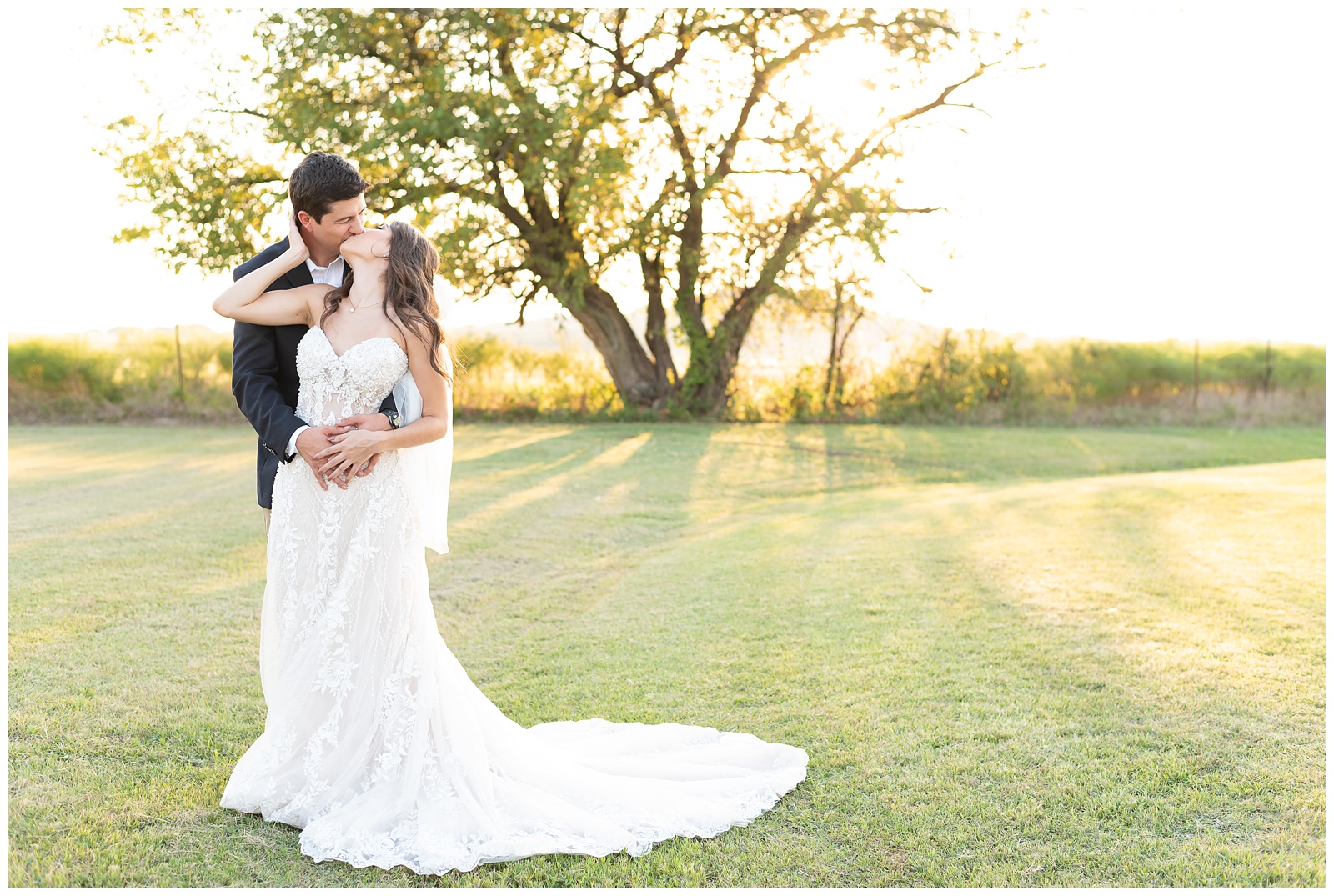Husband Of Lisa Bonet - A Look At Marital Partnership
When we think about someone holding the title "husband of Lisa Bonet," our minds, you know, might naturally drift to a person in a very specific kind of relationship. This idea, as a matter of fact, really centers on what it means to be a male partner in a marriage. It’s a role that carries with it, well, a whole host of understandings and expectations, depending on who you ask or where you are in the world. So, it's not just a simple label, is that it?
The concept of a "husband" is, in some respects, pretty universal, yet it also holds so many distinct meanings for different people and different cultures. It describes a man who has entered into a marital bond, forming a connection that is, you know, generally considered to be quite profound. This particular status brings with it certain ways of being and interacting within a shared life, which is, actually, something we can all sort of relate to on some level.
This discussion will, you know, explore the many facets of what it means to be a husband, drawing from basic definitions and common understandings. We’ll look at the core meaning of the word, how a husband might fit into a home, the ceremonial aspects of becoming one, and even some of the broader, less literal ways this term is used. It's, really, about peeling back the layers of this very significant relationship role, and, you know, seeing what makes it what it is.
Table of Contents
- What Does Being a Husband Truly Mean?
- The Husband of Lisa Bonet - A Core Definition
- How Does a Husband Fit Into a Household?
- The Husband of Lisa Bonet - Taking on Responsibilities
- What Roles Does a Husband Play in Different Traditions?
- The Husband of Lisa Bonet - Ceremonial Moments
- Is There More to the Word 'Husband' Than Just Marriage?
- The Husband of Lisa Bonet - Beyond the Literal Sense
What Does Being a Husband Truly Mean?
To start with, the very essence of being a husband boils down to being a male partner in a marriage. This is, you know, the most straightforward way to put it. It signifies a man who is joined with another person in a legal and social union, which, in a way, creates a new kind of family unit. This joining is, arguably, a public declaration of a deep, personal bond, and it carries, well, a certain weight of expectation and shared future. It's about, basically, committing to a life alongside someone else, through thick and thin, as people often say.
A husband is, in fact, a man who is actively involved in a marital relationship. This involvement, you know, means more than just sharing a home; it suggests a connection where two individuals are building a life together, supporting each other, and, you know, facing the world as a team. This role is often referred to as a "spouse," a term that, actually, emphasizes the idea of equality and partnership within the marriage. So, it's about mutual participation and, you know, a shared journey, really. It implies a sense of belonging and, perhaps, a shared destiny, too, it's almost like that.
When we talk about "the man that you are married to," it’s, you know, a very personal way of describing a husband. It highlights the direct, one-on-one connection between two people who have made a choice to be together in this particular way. This directness, in a way, strips away some of the broader societal ideas and focuses purely on the individual bond. It’s about that specific person, you know, who has made a promise to share their life with you, and that’s, well, pretty significant for most folks, wouldn't you say?
The Husband of Lisa Bonet - A Core Definition
Thinking about the "husband of Lisa Bonet" from a definitional standpoint, we are, you know, considering a married man, especially when he is viewed in relation to his partner in marriage. This means that his identity as a husband is, basically, tied to the fact that he is part of this specific marital pairing. It's not just about being a man, but about being a man who has, you know, entered into this particular kind of bond. The relationship itself, in fact, helps define the role, giving it context and meaning within the lives of both individuals. So, it's a relational term, you know, through and through, which is, well, pretty clear when you think about it.
The term "husband" itself, in its plural form "husbands," simply points to a man within a marriage or marital relationship. This is, you know, particularly true when we consider him in connection with his spouse. It’s a label that, actually, acknowledges the legal and emotional ties that bind two people together. This connection, you know, is what sets a husband apart from other men; it's the marital status that, in a way, defines this particular aspect of his identity. We can see, therefore, that the relationship is, well, pretty central to the whole idea.
Sometimes, too, you might hear the endearing term "hubby" used. This is, you know, a rather affectionate and informal way to refer to a husband. It suggests a certain closeness and warmth in the relationship, often used among family or close friends. It’s, basically, a softer, more personal way of acknowledging the marital bond, implying a comfortable and loving connection. So, it’s, like, a term of endearment that, you know, speaks volumes about the feeling between partners, which is, well, quite sweet, really.
How Does a Husband Fit Into a Household?
When we consider how a husband fits into a household, we often look at the specific rights, responsibilities, and societal status that are, you know, commonly given to someone in this role. These aspects, as a matter of fact, can vary quite a bit from one culture to another, and even within different families in the same society. What one person expects from a husband in terms of duties might be, you know, very different from what another person expects. So, it's not a one-size-fits-all kind of thing, is that it?
Historically, and in some contexts still, a husband has been seen, you know, as the "master of a house." This phrase, basically, points to a time when the husband was often considered the primary authority figure within the home. It implied a role of leadership and, perhaps, a certain amount of control over the household affairs. While this idea has, you know, certainly changed and evolved over time in many places, the underlying notion of being a central figure in the home, well, still persists in some ways. It’s about, you know, being a significant presence within the domestic sphere, really.
Similarly, the idea of a husband being the "head of a family" is, in some respects, a common understanding. This suggests a role of guidance, protection, and, you know, overall responsibility for the well-being of the family unit. It's about providing a sense of direction and stability for those who depend on him. This doesn't, you know, necessarily mean making all decisions alone, but rather taking on a leading part in ensuring the family's welfare. So, it’s, pretty much, about being a foundational support for the family, which is, well, a pretty big job, wouldn't you say?
The Husband of Lisa Bonet - Taking on Responsibilities
In the context of the "husband of Lisa Bonet" taking on responsibilities, it means, basically, to engage or act as a husband to someone. This involves, you know, fulfilling the duties and obligations that come with the marital bond. These duties can be, you know, anything from providing emotional support and companionship to contributing to the household in practical ways. It’s about, you know, being there for your partner and, well, doing your part in the shared life you've built together. So, it's a very active role, really, one that requires consistent effort and, perhaps, a fair bit of understanding.
Figuratively speaking, to act as a husband can also mean to assume the care of or responsibility for something. This interpretation, you know, stretches the meaning beyond a person, applying it to how one manages resources or property. It’s about being a good steward, looking after things carefully so that they are not wasted or used up too quickly. This kind of responsibility, you know, is about wise management and, basically, ensuring longevity. So, it’s, like, a broader sense of guardianship, which is, well, an interesting way to think about it, isn't it?
The idea of using something carefully so that you do not use all of it, as in "to husband your resources," is, you know, a very old and practical meaning of the word. It implies a sense of thriftiness and foresight, making sure that what you have lasts. This is, you know, a different kind of responsibility, but it still connects to the idea of care and provision. It’s about, basically, being thoughtful and strategic with what you have, ensuring it serves you for a longer time. So, it’s, pretty much, about being a good manager, which is, well, a valuable trait in many areas of life.
What Roles Does a Husband Play in Different Traditions?
The role a husband plays can, you know, vary quite a bit across different traditions and belief systems. During the actual wedding ceremony, for instance, the man who is about to become a husband is, you know, commonly referred to as the "groom" or "bridegroom." This is, basically, his title for that special day, marking his transition from a single man to a married one. It's a moment of public declaration and celebration, where he formally steps into this new, very significant role. So, it's a ceremonial title, you know, that lasts for a short but important period, isn't it?
In certain religious traditions, the structure of marriage and the husband's role within it are, you know, pretty clearly defined. For example, in Christianity and Judaism, a husband typically has one wife, a practice known as monogamy. This means, you know, a marital bond between two individuals, and it’s, basically, the expected form of marriage in these faiths. It emphasizes a singular, devoted partnership. So, it’s, like, a very specific framework for the marital relationship, which is, well, deeply rooted in their teachings.
On the other hand, in Islam, a husband can, you know, potentially have up to a different number of wives. This shows, basically, how marital structures can differ significantly based on religious or cultural norms. It highlights that the concept of "husband" isn't, you know, uniformly applied across all societies or spiritual paths. These variations, in fact, illustrate the rich diversity in how human relationships are understood and organized around the world. So, it's, pretty much, a reflection of different societal values and historical contexts, which is, well, quite interesting to observe.
The Husband of Lisa Bonet - Ceremonial Moments
When we think about the "husband of Lisa Bonet" and ceremonial moments, it brings to mind the various ways a man steps into this role publicly. The wedding ceremony itself is, you know, the most prominent of these moments. It's a ritual that, basically, formalizes the union and announces it to the community. This event is, you know, often filled with symbolism and traditions that have been passed down through generations, making it a truly memorable occasion for everyone involved. So, it’s, pretty much, a big, public step, isn't it?
During such a ceremony, the man transitions from being a suitor or a partner to becoming a husband. This shift is, you know, marked by vows, rings, and other symbolic gestures that signify a lasting commitment. It’s a moment where, in a way, he publicly accepts the responsibilities and joys that come with being married. This transformation, you know, is not just personal but also societal, as he is now recognized in a new light by his community. So, it's, like, a very special kind of milestone, which is, well, pretty much a universal experience in many cultures.</

A PLUS ONE friendship….. – Sparkling Existence

Husband and Wife Relationship

Portrait Of A Husband And Wife